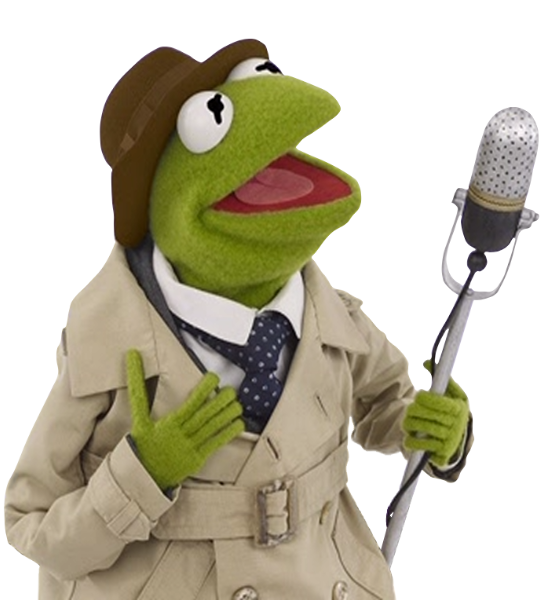Contrary to the mythology, the Supreme Court's record of protecting the press is very weak when it comes to reporting military secrets.
- Wikileaks, The Guardian and Glenn Greenwald could potentially be prosecuted under the Espionage Act of 1917. Here’s the relevant text of 18 USC § 798 - Disclosure of classified information -- Whoever … publishes, or uses in any manner prejudicial to the safety or interest of the United States or … to the detriment of the United States any classified information … concerning the communication intelligence activities of the United States or any foreign government … Shall be fined under this title or imprisoned not more than ten years, or both....The term "communication intelligence" means all procedures and methods used in the interception of communications and the obtaining of information from such communications by other than the intended recipients.
- The Pentagon Papers case, while a victory against prior restraint of publication, was not a sweeping endorsement of a free press. Indeed, five of the nine justices (Chief Justice Burger and Justices Harlan and Blackmun, who all sided with the government and wanted to block the publication of the Pentagon Papers, plus Justices Stewart and White, who voted against prior restraint) mentioned explicitly that the government could prosecute the newspapers under the Espionage Act after publication. Justice Brennan—normally a friend of a fully free press—was also shaky, writing that our judgments in the present cases may not be taken to indicate the propriety, in the future, of issuing temporary stays and restraining orders to block the publication of material sought to be suppressed by the Government. Similarly, Justice Marshall, another generally progressive force on the court, concurred on very narrow grounds, and seemed to suggest that the government had a strong argument that newspapers could be prosecuted for publishing certain secrets. Only Justices Black and Douglas stood firm against any attempt to muzzle the press. (full text of concurrences and dissents here)
- Daniel Ellsberg and fellow defendant Anthony Russo were not acquitted of the Espionage Act charges against them. Rather, the government’s case collapsed into a mistrial after it was revealed that the Watergate plumbers E. Howard Hunt and G. Gordon Liddy had broken into Ellsberg’s psychiatrist’s office seeking salacious stuff to embarrass the leakers.
Our freedom to know what our government is doing in the name of safety and security is, it seems, quite limited. And the ability of whistleblowers to reveal it is incredibly fragile. I am a patriotic American, but all this stuff makes me feel like burning the flag.




